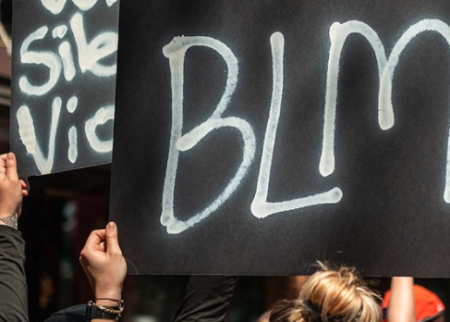Law review articles are expected to conclude with a short section, often “Part IV,” that translates analysis into actionable prescriptions. Though well-intentioned, this convention constrains ambition, sidelines critique, and conflates near-term feasibility with rigor. In a moment of institutional unraveling and authoritarian threat, legal scholars and law review editors should resist the Part IV reflex and make space for bolder analyses, longer horizons, and more collective ways of imagining change.
As fascist tendencies intensify across the United States, social movements continue to organize against the forces of state repression. Legal scholars must stand with these movements, grounding our analysis in struggle and supporting those fighting on the frontlines with our relative social power and institutional resources.
At times, the possibility of aligning our formal systems of justice with our normative aspirations appears almost inconceivable. Yet we can locate some faith in justice and democracy by looking to the concrete acts of collective care taking place all around us. In this post, Jocelyn Simonson kicks off a symposium on her recent book, Radical Acts of Justice: How Ordinary People Are Dismantling Mass Incarceration.
Institutional leaders must affirm that advocacy for Palestinian rights, as well as concern for and celebration of Palestinian lives, is squarely within the sphere of legitimate discourse.
This letter seeks to acknowledge how legal academia facilitates mass incarceration. Law professors must do more than teach the blackletter law, and we ask scholars for a commitment to situate their teaching of criminal law within the larger history and current context.
There is a distressing disconnect between the ringing demands for justice on the streets and the suite of “police reform” proposals that many experts say satisfy these demands.



